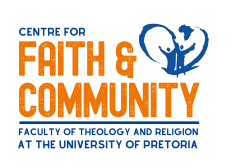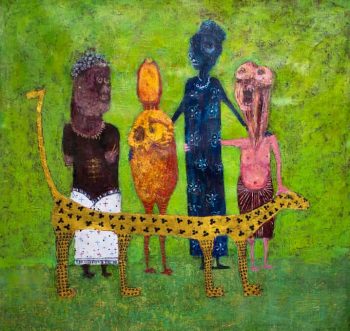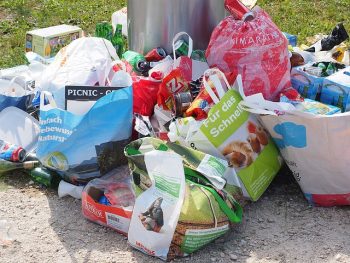The Pathways out of Homelessness research report is a result of a transdisciplinary research project with more than 40 researchers from various faculties such as Theology, Social Work, Family Medicine, Architecture, Law, Urban Design, Anthropology, and others. Part of the research process, a summit was held to create a platform for practitioners, policymakers, politicians, people who are..
Read moreTheological education and African cities: An imperative for action
Africa’s urban explosion presents a clear challenge to the way theological education in Africa is done today. The backdrop of this article is a collaborative research project that involved 15 theological institutions across the African continent, contemplating what theological education and formation should look like, considering Africa’s current and future urban realities. It proposes paradigmatic..
Read moreThe ‘good city’ or ‘post-colonial catch-basins of violent empire’? A contextual theological appraisal of South Africa’s Integrated Urban Development Framework
The Integrated Urban Development Framework (IUDF) was constructed as a ‘new deal’ for South African cities and towns. It outlines a vision with four overarching goals and eight priorities or policy levers meant to overcome the apartheid legacy through comprehensive spatial restructuring and strategic urban–rural linkages. This article is a contextual theological reflection ‘from below’,..
Read moreReading Psalms, and other urban poems, in a fractured city
This article was an attempt to (re-)read Psalms in the context of fractured cities, marked by socio-economic inequalities, woundedness, migration and exclusion. It explored urban motifs in selected psalms and considered their possible meanings in relation to both the socio-cultural contexts in which they were written but also how they could be read and understood..
Read moreUbuntu is homeless: An urban theological reflection
This article is reading ubuntu in the light of homelessness in the cities and towns of South Africa. It suggests that ubuntu itself is homeless and displaced as a way of being human together. Instead of the mediation of dignity and justice through an ubuntu-solidarity, street homeless people and others living vulnerably and in precarious..
Read moreJesus in the Dumping Sites: Doing theology in the overlaps of human and material waste
Jesus’ option for the poor should be reclaimed in a clear theological and ecclesial option for the dumping sites of our cities and towns. That is the basic proposal of this article. Reflecting upon three different dumping sites – different in size, age and history – this article will explore the central thread of material and human..
Read moreWhose knowledges shape our city? Advancing a community-based urban praxis
Wie se Kennis(se) Vorm ons Stad? Op Soek na ’n Gemeenskapsgedrewe Stedelike PraxisIn die artikel word verskillende plekke van kontestasie en hoop in die middestad van Pretoria/Tshwane geidentifiseer, en die moontlike unieke kennis(se) wat vanuit hierdie kontekste gegenereer word, word oorweeg. Ek neem ’n spesifiekeposisie in en argumenteer dat sodanige plaaslike kennis(se) meestal uitgesluit word..
Read moreUrban South Africa: An opportunity for liberating theological education
This article proposes the city as an opportunity and resource for liberating theological education. It explores going beyond adding “urban” to theological education as an addendum, but rather to consider “urbanizing” theological education as a whole, in an inclusive way that affirms the interconnectedness of urban-suburban-rural realities. It explores theological education that takes the whole..
Read more







